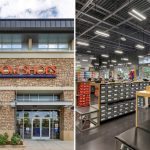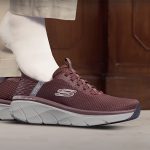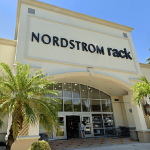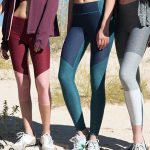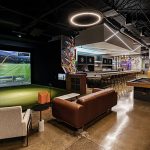DSW Inc.s fourth quarter comp store sales declined 7.2% as good demand for boots, better brands and athletics was unable to offset tepid traffic rates. The comps drop, along with higher operating and severance costs, resulted in a loss of $7.5 million, or 17 cents a share, in the period, versus earnings of $1.1 million, or 2 cents, a year ago. Sales advanced 4.7% to $348.2 million.
The family footwear retailer released its sub-par results while naming Michael MacDonald, former CEO of Shopko Stores, as president and CEO. He replaces Jay Schottenstein, who will retain the role of chairman. The Schottenstein family rolled DSW out from under its Value City business through an IPO in the summer of 2005.
In the quarter, average selling prices improved as the chain did not have to discount “as deeply” as last year, management said on a conference call with analysts. That stance helped the merchandise margin rate for the quarter increase 10 basis points over last year to 38.8% of net sales despite a reduction in initial markup and an increase in its shrink rate.
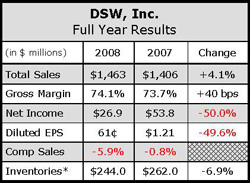
However, traffic was down and gross margins dropped 130 basis points to 20.6% of sales due to an increase in occupancy expenses related to the negative comp and impairment charges. SG&A grew 240 basis points to 24.0% of sales due mainly to increased depreciation, IT expense and severance charges related to a previously announced workforce reduction. The quarter included a pre-tax charge of approximately $3 million to reduce home office and field leadership workforce by 98 positions, or about 13% of total positions.
Excluding incremental inventories to support the launch of its e-commerce business last year, inventory on a cost per square foot basis was down 16% at year-end. Some of the decrease is related to the timing of spring merchandise receipt.
On the call, Debbie Ferree, vice chair and chief marketing officer, said boots outperformed other categories in the quarter “as our plan to continue a regular priced boot business paid off.” Better brands also continued to “good results” as consumers trade down from other channels. Athletic also “performed well as our large opportunistic athletic buy in November was successful,” said Ferree.
Ferree said the consumer continues to be price-driven and “more discriminating” and she does not expect to see many changes in their shopping behavior this spring. But she is encouraged about the potential of casual sandals as a fashion driver. The retailer also continues to see a strong reaction to pumps and flats, although it expects men's to under perform.
For 2009, the company expects a mid-single-digit decline in same-store sales. Plans call for 10 new stores, compared with 41 openings last year, while capital expenditures should total about $35 million, sharply down from $81 million last year. DSW does plan to increase marketing spending by $15 million, mostly on TV advertising. The retailer declined to provide EPS projections because of the continued economic uncertainty.



